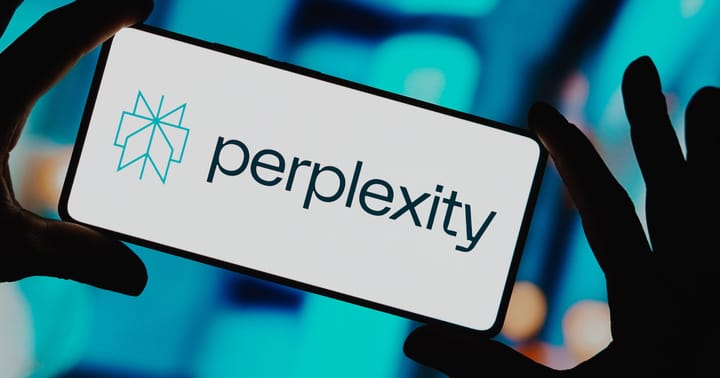OpenAI Expands Voice Assistant Integration To Third-Party Apps
The assistant placed a call to a mock business to order 400 chocolate-covered strawberries, demonstrating its ability to handle real-world tasks.

OpenAI is now allowing businesses and developers to integrate its real-time voice assistant into third-party applications through its API, enabling users to interact with AI using realistic spoken conversations. This feature, similar to the one available for paying users of ChatGPT, can be utilized for tasks like customer service or travel apps that make phone calls on behalf of users.
Some companies, such as Healthify and Speak, have already tested this voice capability. OpenAI announced these updates at a developer event in San Francisco, marking a push to stay competitive in the growing AI market. Although no new AI model was unveiled at the event, the company showcased its enhanced API capabilities. The event is the first in a series, with others scheduled for London and Singapore.
During a demonstration, OpenAI showcased how the voice assistant could place orders via a fictional travel app. However, concerns about the lack of AI disclosure in interactions were raised, as OpenAI doesn't strictly mandate developers to inform users when they are engaging with AI. OpenAI had initially teased the real-time voice feature in May, delayed its launch due to safety concerns, and began rolling it out to all paying ChatGPT users last month.




